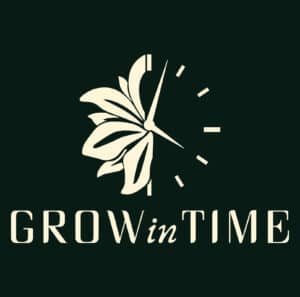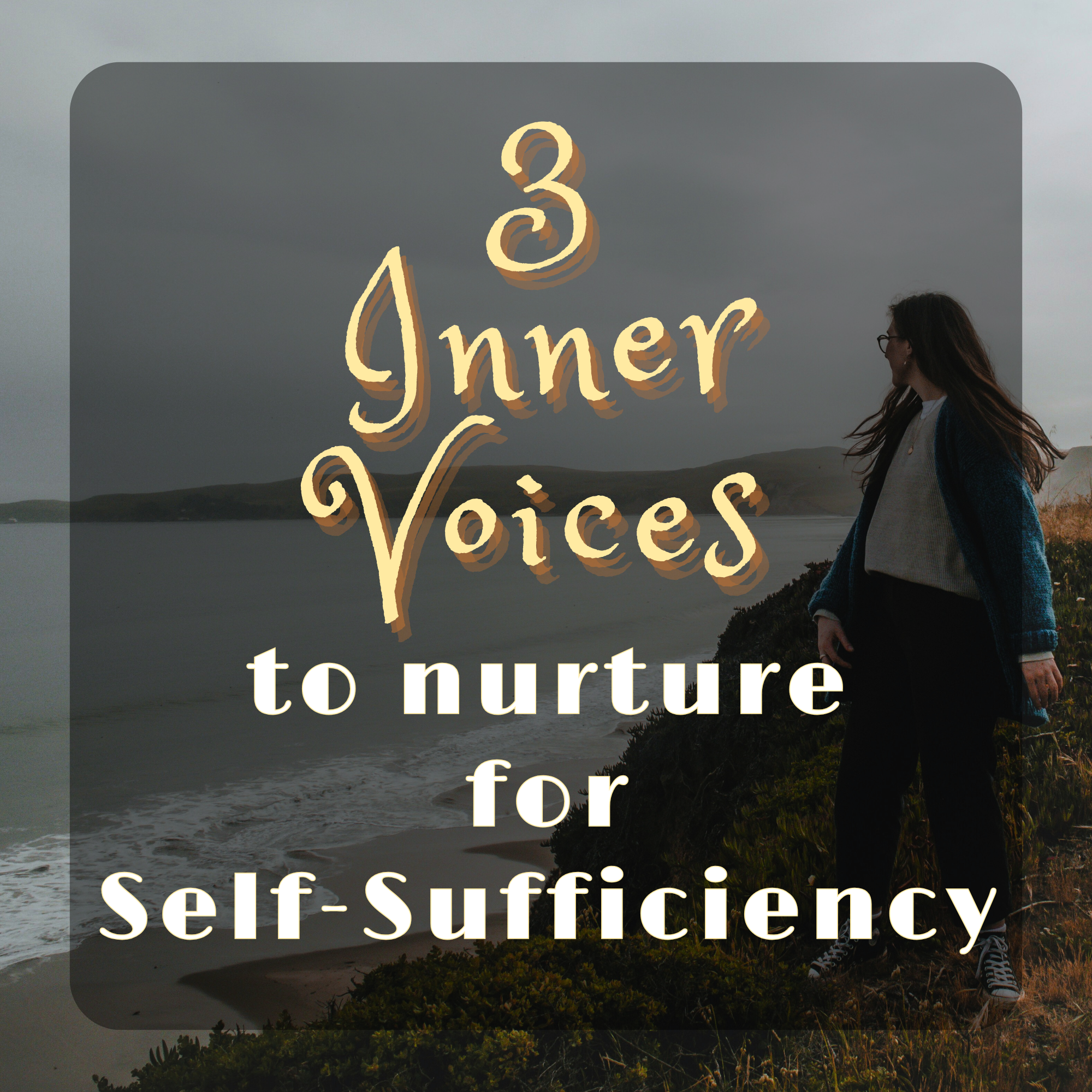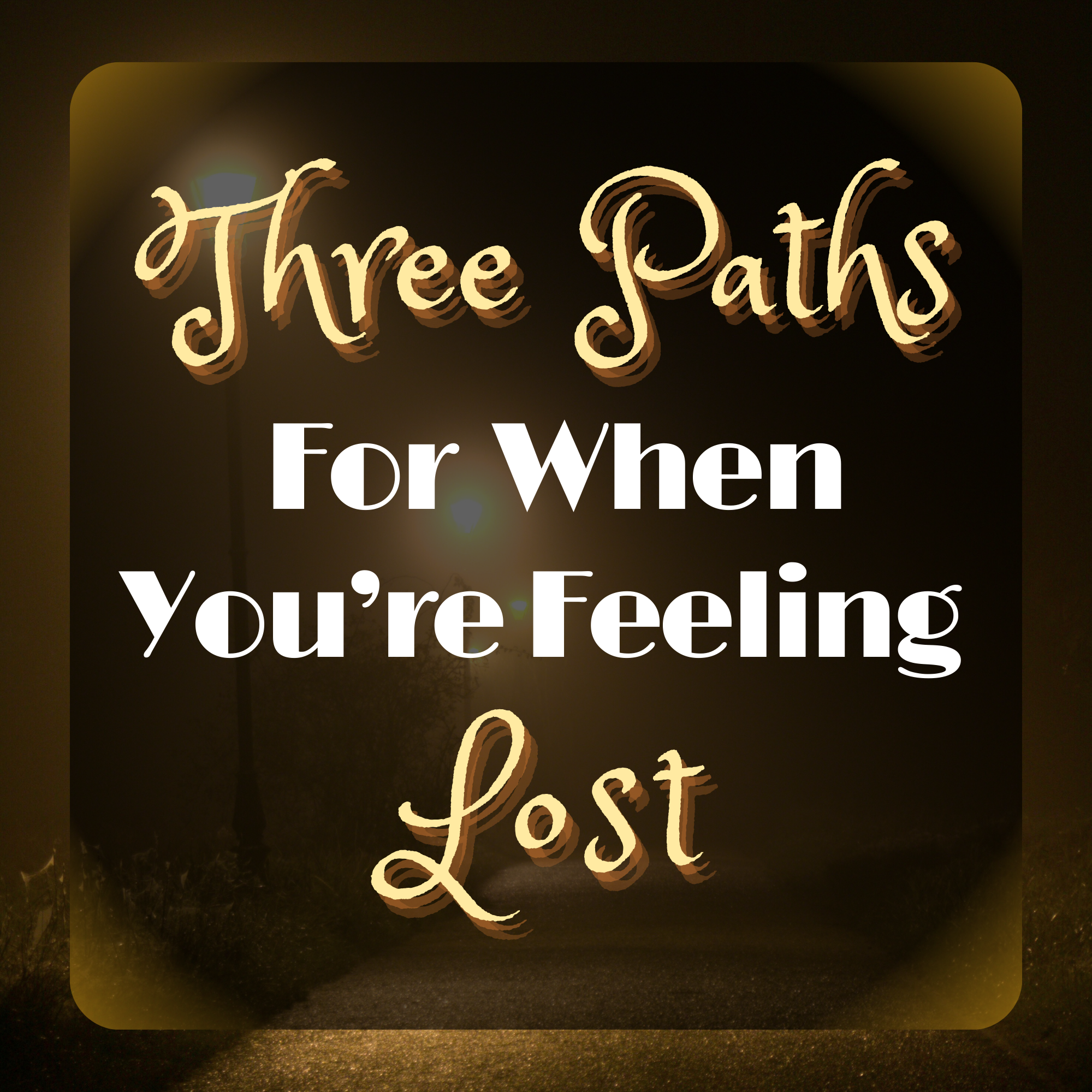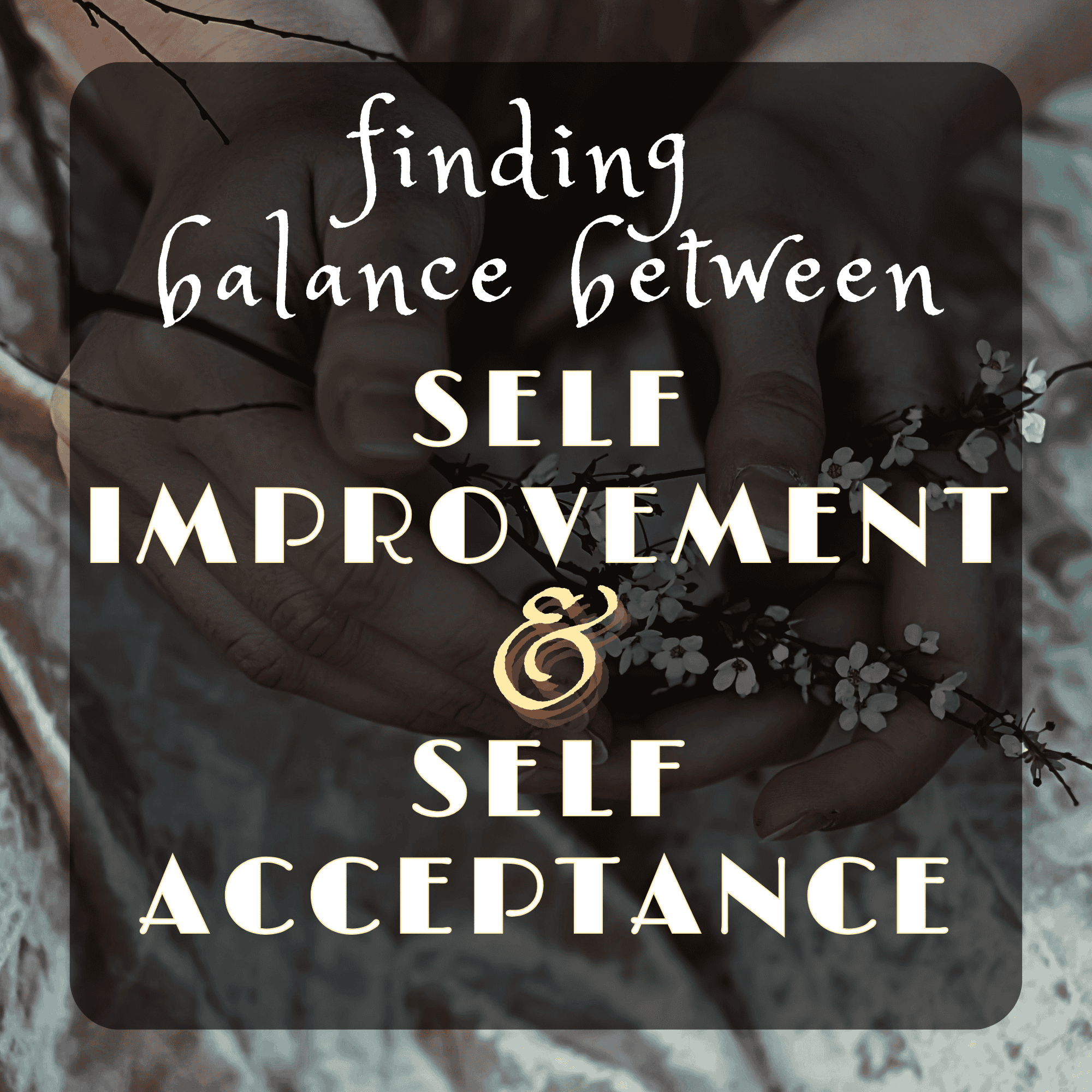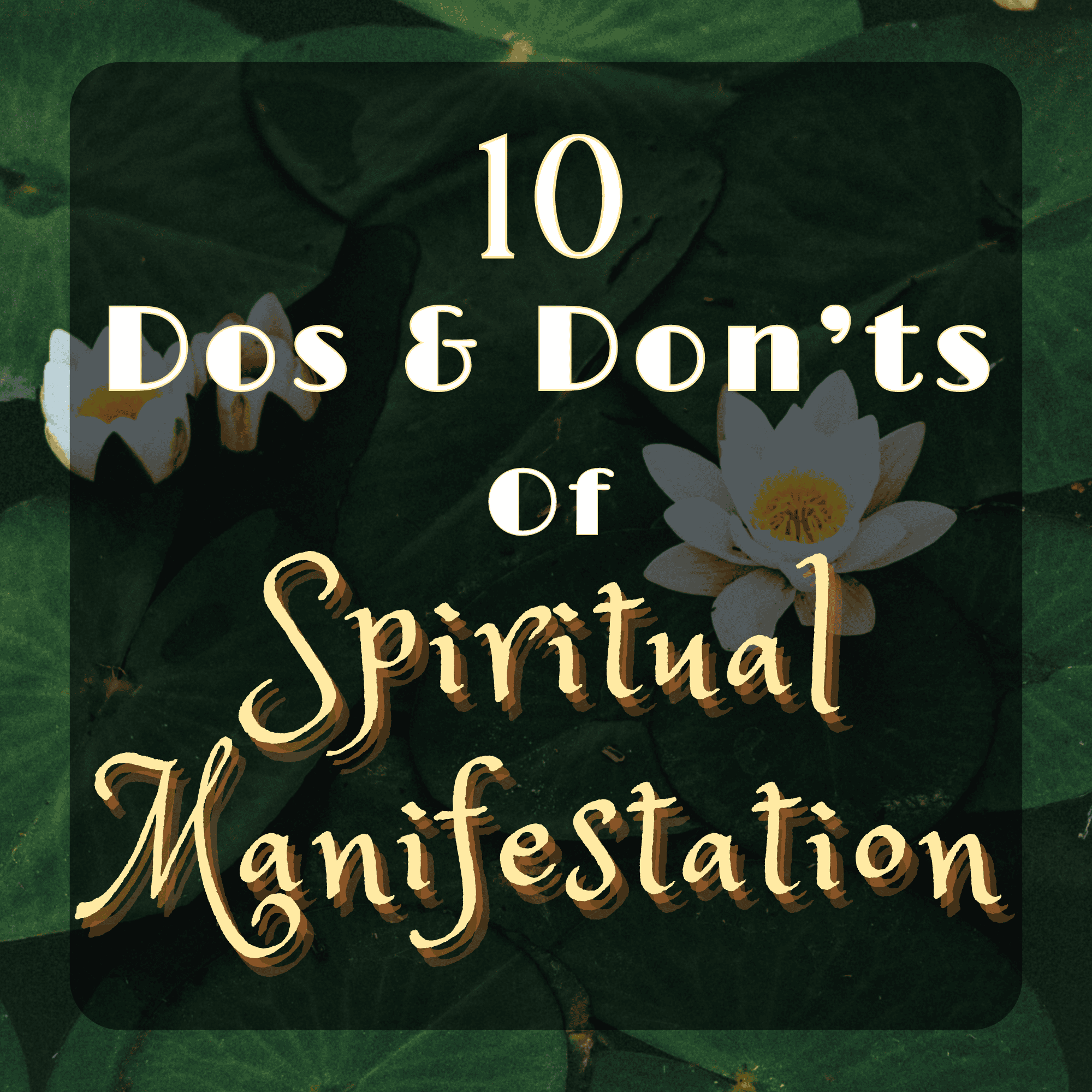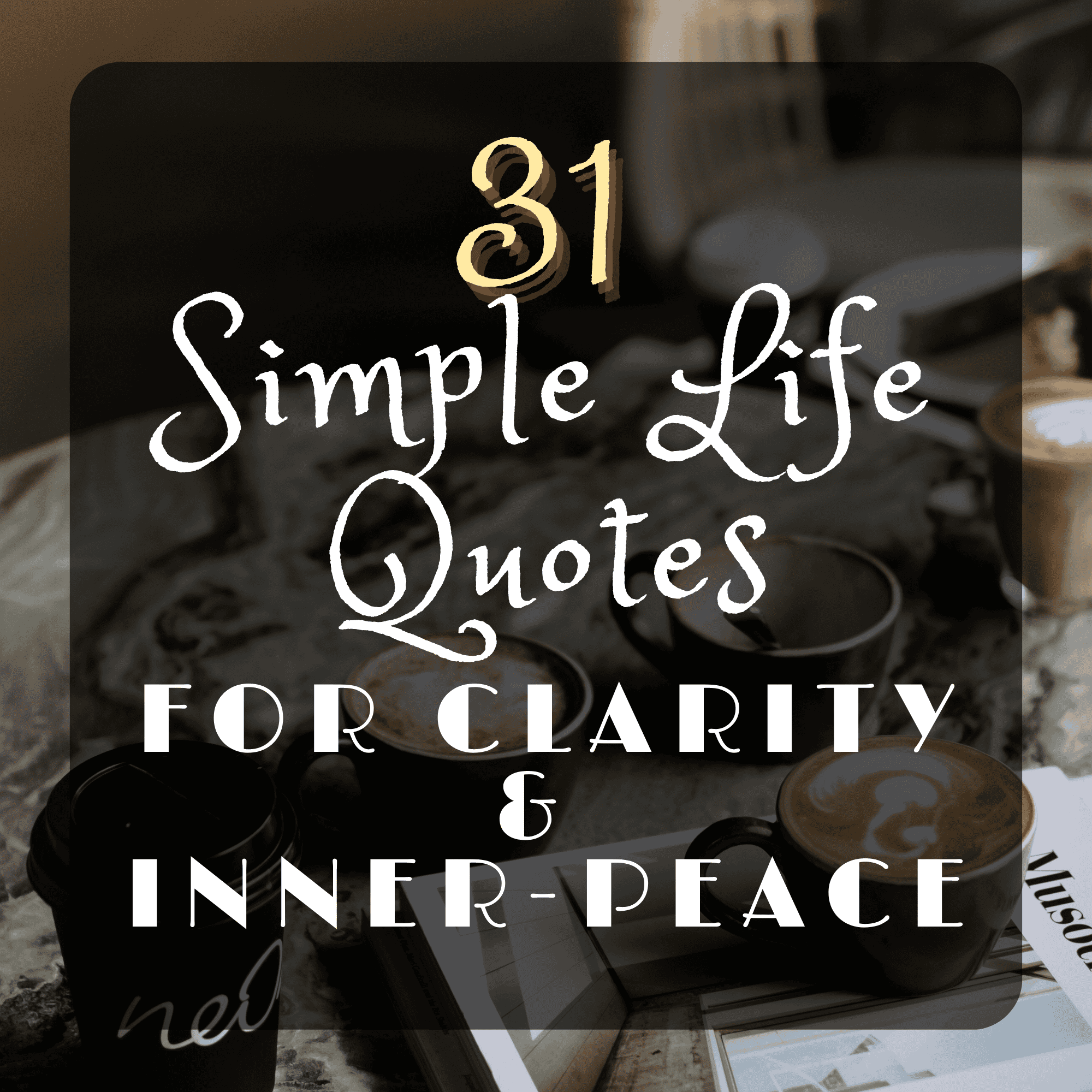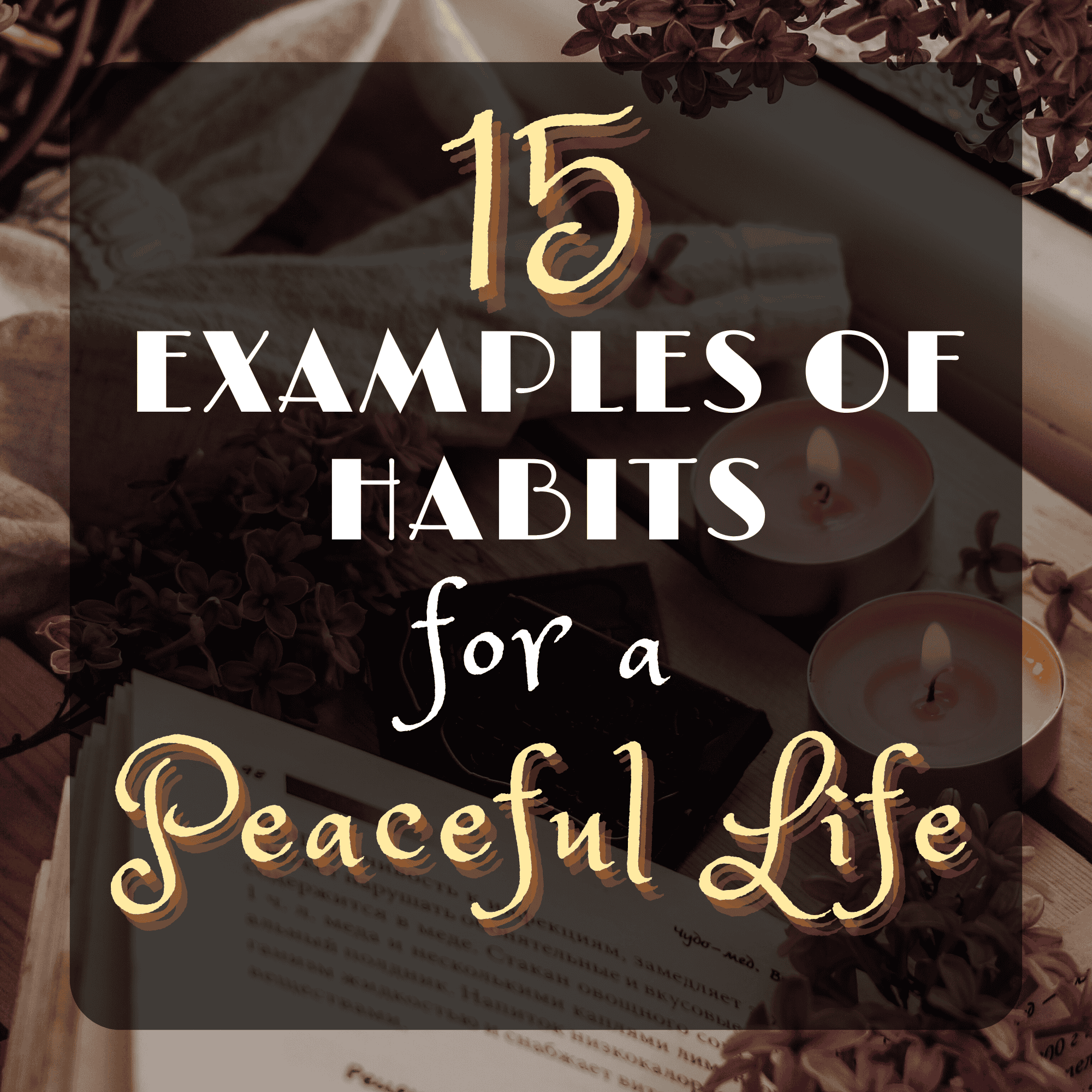Table of Contents
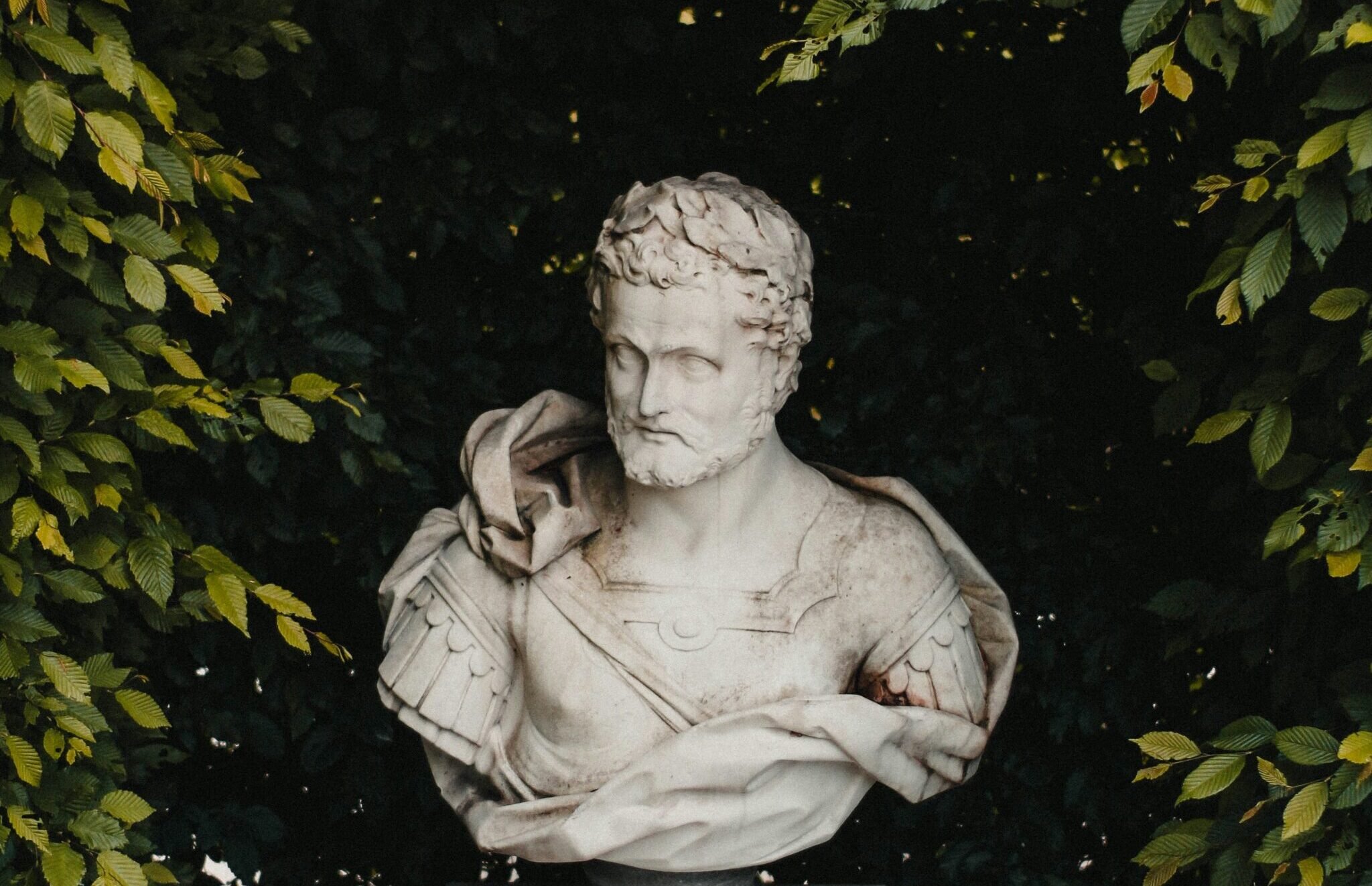
You never know which philosophical ideas can change your life. Hopefully some of these ideas resonate with you, or at least give you an opportunity to ponder.
What is Philosophy?
The dictionary definition of philosophy is:
The study of the fundamental nature of knowledge, reality, and existence, especially when considered as an academic discipline.
There are 5 main branches of philosophy.
- Epistemology: the study of knowledge. (is the world really what I think it is?)
- Value theory
- Ethics (How should I act and why?)
- Aesthetics (What is beautiful and why?)
- Metaphysics (What is the fundamental nature of reality?)
- Logic (How should I think and form opinions, as well as arguments for those opinions?)
Why is it Important to Think About Philosophical Concepts?
Philosophy is the art of questioning, and asking questions is the foundation of all science and learning. Many people fear the common philosophical inquiries, and that they will lead into an existential crisis.
However, we should not fear our thoughts. Our curiosity and self awareness is part of our essence as humans. They can be scary, yes, but to grow we must be willing to occasionally step out of our comfort zones and dive into the unknown.
Philosophy can have a wonderful impact on your brain and your mindset. When approaching thoughts and feelings through a lens of curiosity, we are better equipped to work through them in a healthy way, and likely to develop a more fruitful understanding of ourselves and our worldview.
In an article by Ann Gazzard titled “Emotional Intelligence: Does Philosophy Have a Part to Play?”, she showed that promoting a philosophical approach to childrens’ emotions can lead to much greater emotional intelligence and self regulation.
What Ideas Will Be Focused On in This Article?
There are plenty of philosophical insights ranging anywhere from dark & troubling – to liberating & exciting.
For this post we will be exploring a few of the more positive philosophical ideas, since positivity and hope definitely has a better chance of improving your life.
The concepts discussed in the next categories will be very simplified to help you get the gist of the point it is trying to make. However it is encouraged for you to look into and research any topics that resonate with you.
1- The Future is a Mystery
“Never let the future disturb you. You will meet it, if you have to, with the same weapons of reason which today arm you against the present.”
― Marcus Aurelius, Meditations
We cannot predict the future. You are continually going to change in ways you do not yet understand.
In the Ted Talk: “You Don’t Actually Know What Your Future Self Wants”, Shankar Vedantam explores our fascinating psychological tendency to view our current selves as barely if not at all different from our future selves. Yet when we look back on the people we used to be, our past selves are practically strangers (depending on how much time has passed).
We are ever changing, no matter how miniscule the difference. It is part of being alive. You are in a constant state of transformation, along with the universe you are a part of.
Use this philosophical idea to spark your curiosity and excitement about the future. Accept and stay interested in new things you may learn and ways you may change.
Clinging to an idea of how you should be can seriously hold you back.
Instead of seeing things in black and white, remember that no life path is simple and linear. What one may view as quitting or giving up, another may see as prioritizing something more important, taking a break, or trying something new.
The common phrase “one door closes, another opens” can be very helpful in remembering that there will always be opportunities that emerge and new things to try. Listening to yourself and the clues that something in your life isn’t a right fit is nothing to be ashamed of.
The only way to find out if things will work is simply to try them and see.
2- Discipline & Moderation = Peace & Freedom
“No person is free who is not master of himself.”
― Epictetus
Just because the future is unknown, doesn’t mean we cannot influence it. You do not have to accept your fate like a leaf being blown in the wind. A big part of finding life enjoyable is creating goals to work towards.
Through habits and discipline, there are many dreams you are capable of manifesting into your future reality. This philosophical idea is especially prevalent in stoicism.

In accordance with nature, there are limits to everything. Hustle culture today can often make us feel like no matter how hard we work, we can’t sacrifice enough to truly deserve the things we wish to achieve.
We must learn to care for ourselves as if we are our own parent. Setting limits is an act of care and love.
There is a part in all of us that wishes to only eat ice cream and chips, not get enough sleep, and never exercise. We are simply wired that way psychologically, and many modern inventions specialize in exploiting those natural tendencies.
However, a loving parent would set boundaries for their child – because they prioritize their overall well-being. In general, we are aware of what is good for us and bad for us. This “parental” voice in our heads simply needs to be nurtured and listened to.
The more you practice making choices that benefit your overall well-being, the easier it will be to continue a healthy and balanced lifestyle.
3- The Beauty in Acceptance, Patience, & Flow
“Life is a series of natural and spontaneous changes. Don’t resist them; that only creates sorrow. Let reality be reality. Let things flow naturally forward in whatever way they like.”
― Lao Tzu
In Taoist philosophy, there is a large focus on flow, acceptance, and patience. Similar to stoicism, there is a big focus on living in accordance with nature.
The point of this concept is for us to learn how to refrain from forcing or obsessing over things we want to happen.
We must detach from the idea of needing to push ourselves harder to be worthy. In doing so we unlock the ability to care for ourselves and redirect onto things we truly enjoy.
We often get so tied up in our minds that we end up tripping ourselves and running in circles due to overthinking and perfectionism.This can also be amplified by hustle culture and daily life stresses.
In order to grow a garden, you must plant the seed, do what you can to help it grow, and trust that it will with time. The seeds you plant will never grow if you keep digging them up to check on them.
At the very least, you will have learned something and can do better next time.
Application
It is easier said than done to “trust the process”. So, what can we do to get better at it?
To harness this peace and flow engage in activities that help you connect with your body, your mind, and the rest of nature. What hobbies make you feel most like yourself? What pastimes allow you to enter flow?
An obvious example is to meditate! You can also try breathing exercises, taichi, yoga, hiking, or anything else that helps you feel at peace.
It is only when we let go of our compulsion to control everything, we will find peace. Because, let’s face it, no matter how hard we try to control our surroundings, we simply cannot.
This is part of the beauty of life. Embrace the uncertainty, let it be exciting and beautiful. Our lives are the peaceful ripples in the waters of the sea, as well as the magnificent towering waves of a storm. Both astonishing in their own ways.

